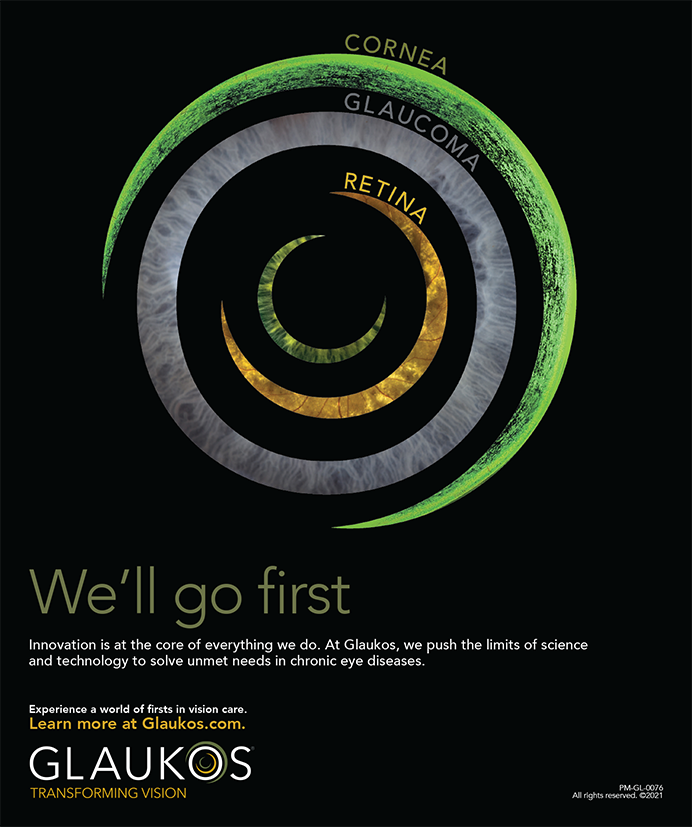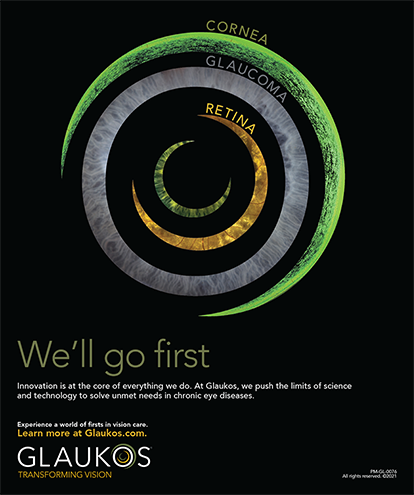We all know what culture is, but how is it best defined? There are 13 definitions under the word culture on the Merriam-Webster website alone.1 Some of those entries are as follows:
• the customary beliefs, social forms, and material traits of a racial, religious, or social group;
• the characteristic features of everyday existence (such as diversions or a way of life) shared by people in a place or time;
• the set of shared attitudes, values, goals, and practices that characterizes an institution or organization;
• the set of values, conventions, or social practices associated with a particular field, activity, or societal characteristic;
• the integrated pattern of human knowledge, belief, and behavior that depends upon the capacity for learning and transmitting knowledge to succeeding generations; and
• the act of developing the intellectual and moral faculties, especially by education.
Culture, therefore, has a wide reach in our everyday lives. It is customary. It has characteristic features. It is shared by all of humankind or by a certain group of individuals. It is a set of social practices. It is integrated into our beliefs. It is developed.
Culture is at the root of everything we do and see, and it is both consciously and unconsciously practiced. In the following pages, your peers delve into what culture means to them and to their practices. They offer pearls of wisdom for cultivating a positive company culture, they provide winning strategies for employee retention, and they talk about initiatives that promote a healthy work environment.
This cover focus might not help develop your surgical skills in the OR, but it should certainly strengthen another important (but sometimes overlooked) aspect of your profession: interpersonal communication. I hope the articles in this series spark inspiration and help you to take your practice culture to new heights.
Laura Straub
Editor-in-Chief
1. https://www.merriam-webster.com/dictionary/culture. Accessed April 25, 2019.




